Mold problems can be a nightmare for tenants and landlords alike, especially in Georgia’s humid climate. Determining who is responsible for addressing the issue—whether it’s the tenant or the landlord—depends on lease agreements, state laws, and the specific circumstances surrounding the mold growth. This guide breaks down everything you need to know about mold removal in Georgia, including legal obligations, lease terms, and practical steps to take when mold is discovered.
What Causes Mold Growth in Georgia Homes?
Mold thrives in damp and humid environments, making Georgia a hotspot for this pesky problem. Common causes include:
- Poor ventilation: Bathrooms, kitchens, and basements with inadequate airflow.
- Leaky pipes or roofs: Persistent water leaks create an ideal environment for mold.
- Flooding or water damage: Areas affected by floods often harbor mold if not dried properly.
- High indoor humidity: Humidity levels over 60% can trigger mold growth on walls, ceilings, and furniture.
Legal Obligations for Mold Removal in Georgia
Georgia law does not explicitly address mold in housing statutes, but other regulations provide guidance:
- Habitability Standards: Landlords must ensure rental units meet basic health and safety standards, which may include addressing mold issues.
- Lease Agreements: Most rental agreements outline who is responsible for property maintenance, including moisture-related problems.
- Negligence: If mold results from the landlord’s failure to maintain the property (e.g., unrepaired roof leaks), they are usually responsible for remediation.
When is Mold the Tenant’s Responsibility?
Tenants may be responsible for mold cleanup in the following cases:
- Failure to report leaks or damages: Prompt reporting allows the landlord to address the issue before mold develops.
- Personal negligence: If a tenant’s behavior (e.g., not using a dehumidifier or failing to clean up spills) causes mold, they could bear the cost of removal.
- Specific lease clauses: Some agreements place the burden of minor mold issues on tenants.
Steps to Take When Mold is Discovered
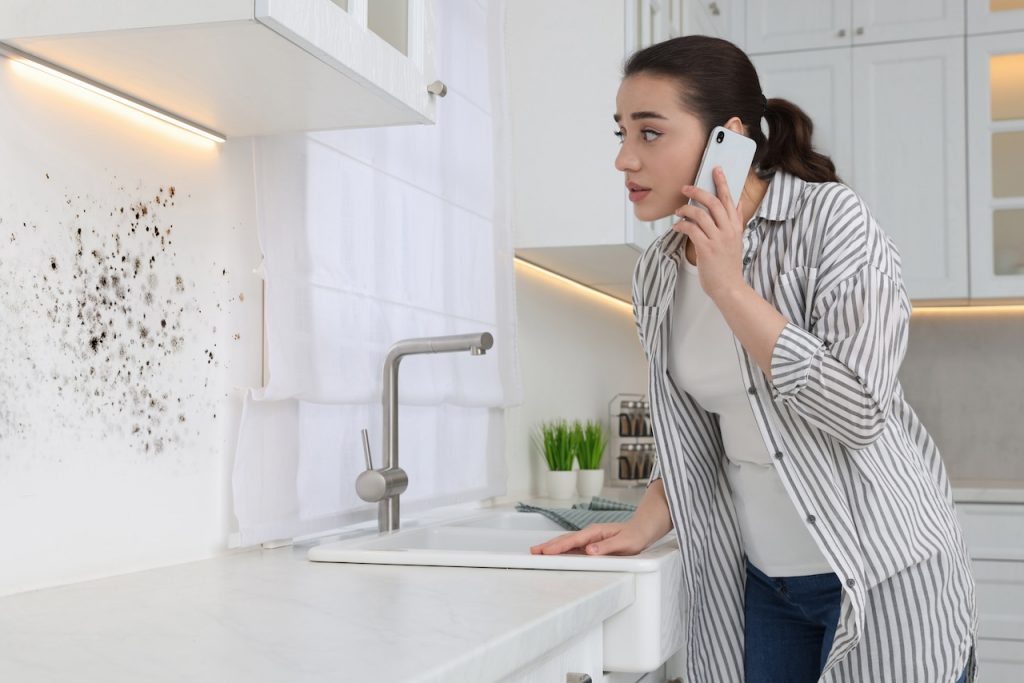
Discovering mold can feel overwhelming, but quick action can prevent further damage and health risks.
If you discover mold in your home, follow these steps:
- Document the Problem
Take clear photos and videos of the mold growth and its surrounding areas. This documentation is essential for future communication or legal disputes.
- Notify the Landlord or Tenant
- Tenants should inform their landlord in writing (via email or certified mail) immediately upon discovering mold.
- Landlords should acknowledge the report and schedule an inspection as soon as possible.
- Determine the Cause
Inspect the property to identify the source of moisture. Common culprits include leaky pipes, roof damage, or improper ventilation.
- Hire Professional Mold Inspectors
Professional mold inspectors can assess the extent of the issue and recommend remediation steps. In Georgia, it’s advisable to choose licensed mold remediation experts for the job.
- Remediation and Repairs
Depending on the situation:
- Landlords should arrange and pay for repairs if the mold is due to structural issues.
- Tenants may need to clean or pay for minor mold removal caused by their actions.
Resolving Disputes Over Mold Responsibility
Disputes over who pays for mold removal in Georgia are common. Here’s how to handle them:
- Review Lease Agreements: Check clauses related to maintenance and property damage.
- Involve Local Authorities: Contact Georgia’s tenant advocacy groups or housing authorities for mediation.
- Legal Action: If disputes escalate, consult a lawyer specializing in landlord-tenant laws in Georgia.
Preventing Mold in the First Place
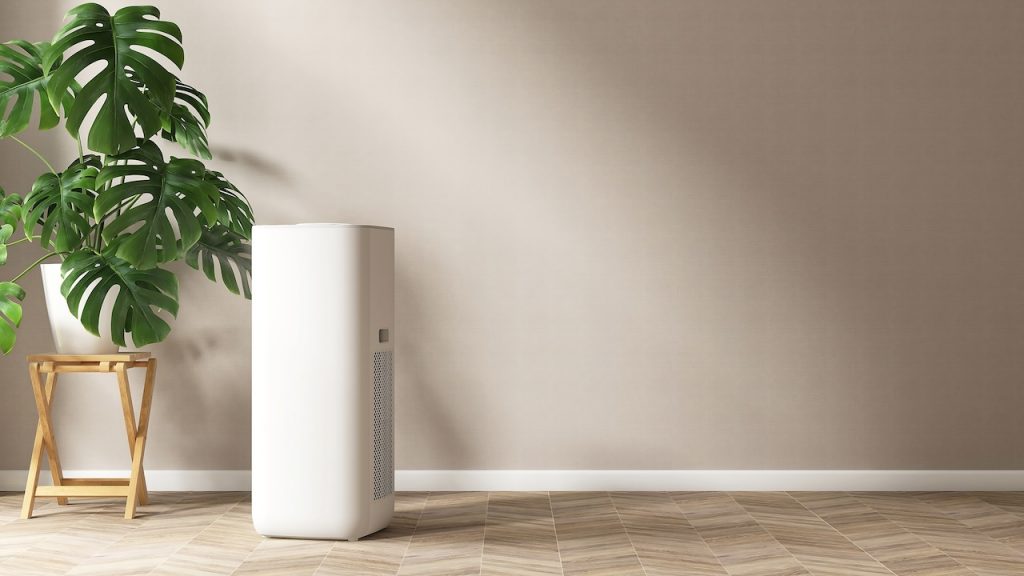
Both tenants and landlords can take steps to minimize mold risks and keep humidity levels down
- For Landlords:
- Regularly inspect and maintain the property.
- Fix leaks promptly and ensure proper ventilation.
- Install dehumidifiers in high-risk areas.
- For Tenants:
- Report leaks or water damage immediately.
- Use exhaust fans in bathrooms and kitchens.
- Keep indoor humidity levels below 50%.
Professional Mold Removal With PuroClean North Metro Atlanta
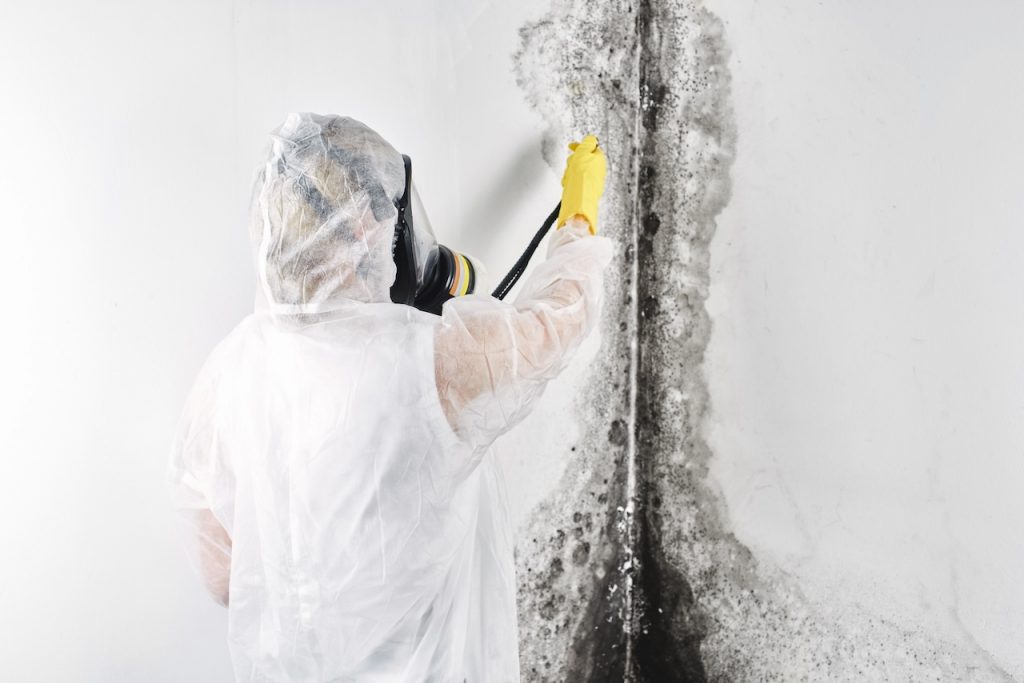
For large-scale mold outbreaks, you’ll need to seek the help of a professional.
Mold removal in Georgia can be a shared responsibility, depending on the cause and lease terms. Open communication and timely action are key to resolving mold issues effectively. Both landlords and tenants should familiarize themselves with their rights and obligations to avoid disputes and ensure a safe living environment.
Are you struggling with mold issues in Georgia? Don’t wait! Contact PuroClean North Metro Atlanta for professional mold remediation services today and ensure your home remains safe and healthy. Give us a call anytime at (770) 720-2320.
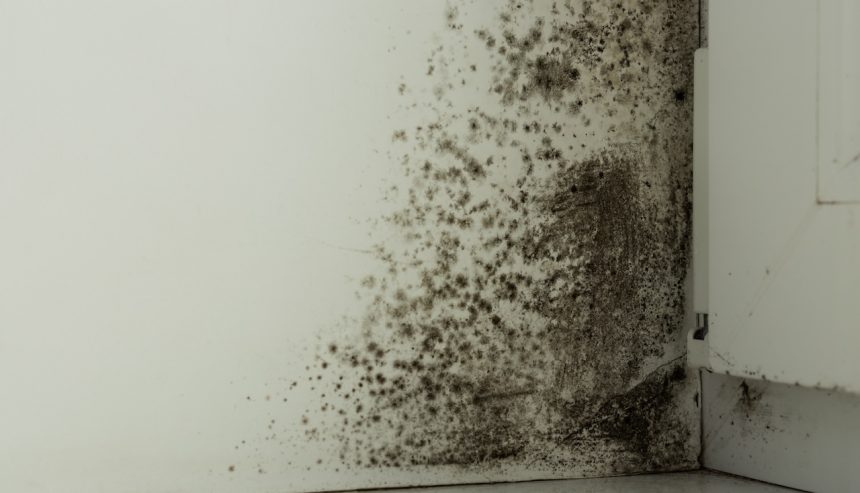
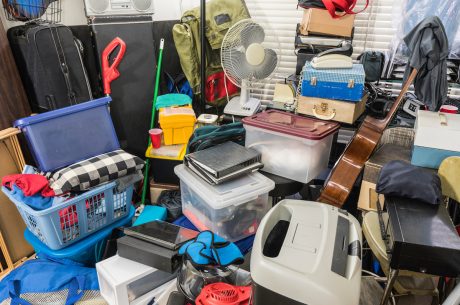
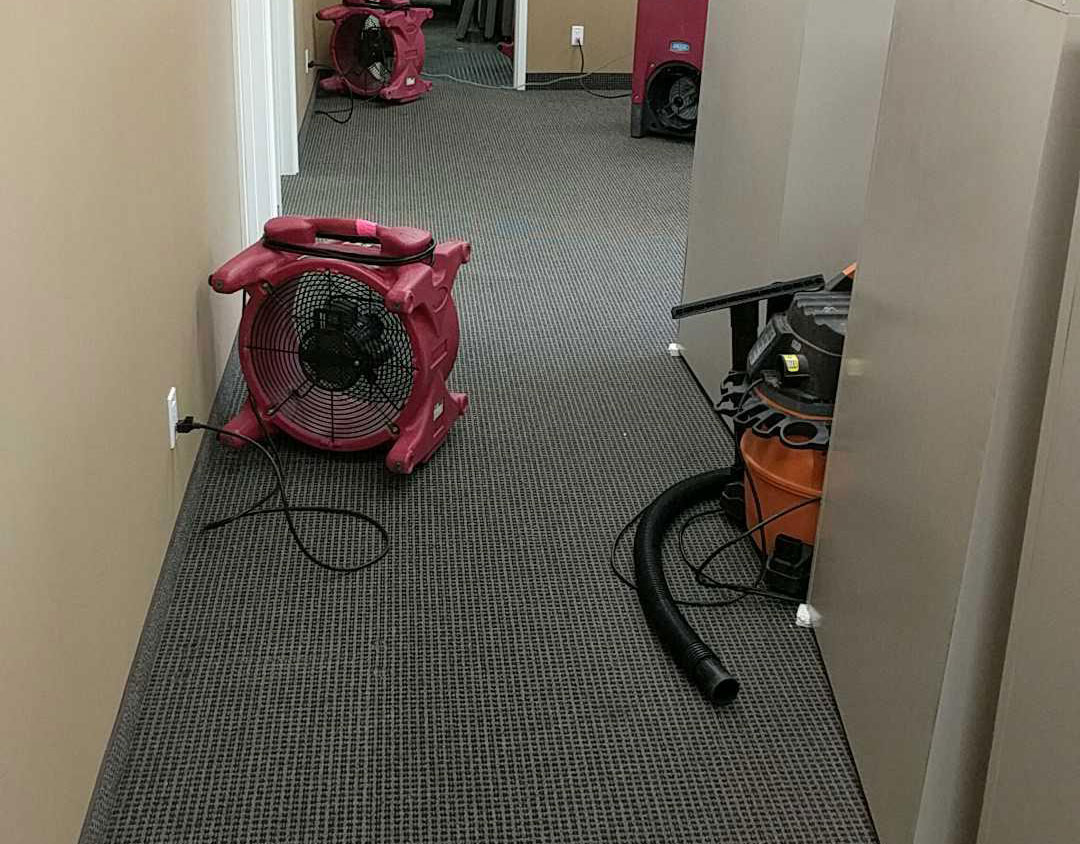
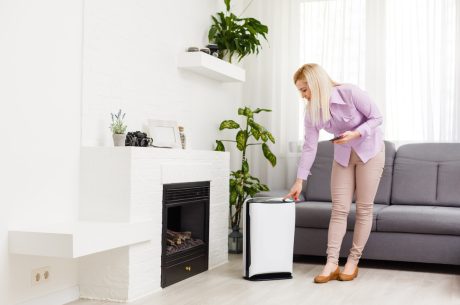
 PuroClean North Metro Atlanta
PuroClean North Metro Atlanta